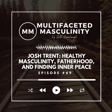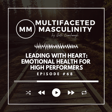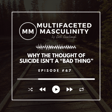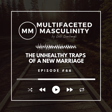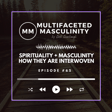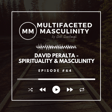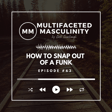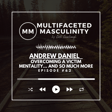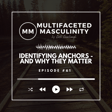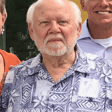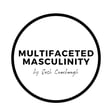
What Exactly is "Your Heart"... and Why it Matters with Blair Reynolds | Ep. #22
Today marks a significant moment in the history of this podcast because we have our first guest!
Blair Reynolds is the founder of LifeConsultingCourse.com and BusinessConsultingCourse.com, is the host on How to Life Good podcast, and is a life consultant in Redding, CA. He has been consulting individuals in business and personal transformation for over ten years.
We breakdown in detail what your heart is, why living from your heart is such a big deal for us men, how to connect to it (whether you feel connected or not), and what to do when your heart feels scared.
I wanted to make sure the first guest was someone who would blow your mind with what they have to offer... this episode won't disappoint.
URL's
Host: JoshCearbaugh.com
Podcast: MultifacetedMasculinity.com
12 Week Course: Jumpstartyourlife.com
Free 15 Minute Consultation: Click Here
